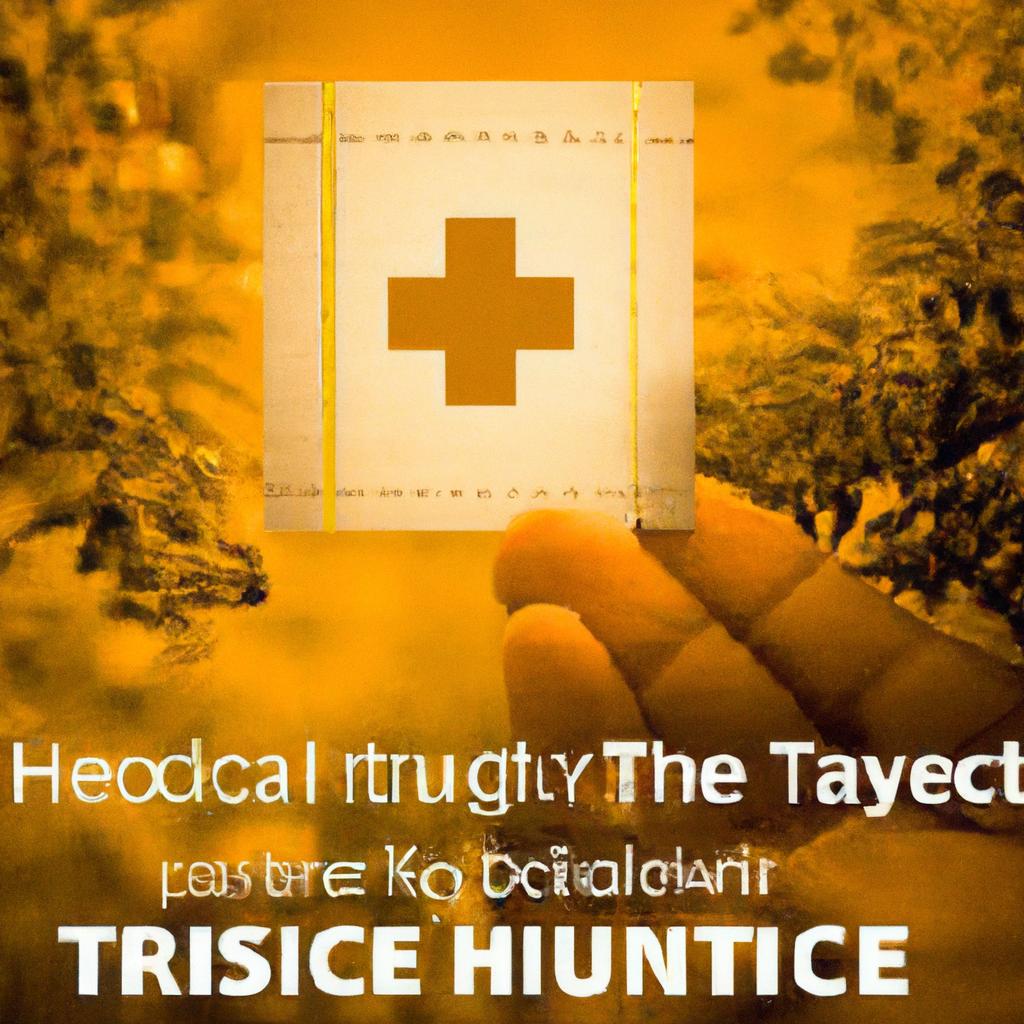Choosing the Right Trust Structure for Enhanced Asset Protection
Securing wealth and assets from potential threats such as creditors and lawsuits can be achieved through the effective use of legal tools like trusts. However, not all trusts are created equal in terms of providing robust asset protection. In this article, we will explore which types of trusts are ineffective at concealing assets and the implications of making the wrong choice when it comes to trust structures for safeguarding assets.
Comprehending Trusts and Their Purpose
Prior to delving into the shortcomings of certain trust types, it is crucial to gain a thorough understanding of what a trust entails. A trust is a legal arrangement wherein a trustee holds assets on behalf of a beneficiary and is tasked with managing those assets in the best interest of the beneficiary, as stipulated in the trust agreement. Trusts can be categorized as revocable or irrevocable, depending on the grantor’s ability to make modifications to the terms.
Distinguishing Between Trust Varieties
There exists a range of trust types, each designed to serve a specific purpose and offering varying levels of asset protection. These include:
- Living Trust (Revocable Trust): Offers flexibility for the grantor to make changes during their lifetime but does not shield assets from creditors.
- Irrevocable Trust: Once established, this trust cannot be altered and generally provides protection from creditors and estate taxes.
- Spendthrift Trust: Designed to protect assets from a beneficiary’s creditors, with the stipulation that the grantor cannot be the beneficiary.
- Asset Protection Trust: Specifically structured to safeguard assets from potential creditors, making it an attractive option for individuals seeking to protect their wealth.
The Pitfalls of Self-Settled Trusts
Although irrevocable trusts are often recommended for asset protection, self-settled trusts are an exception. In such trusts, the grantor aims to shield assets from creditors by transferring them for personal benefit. However, in many jurisdictions, this trust type is not recognized for asset protection, and creditors may have access to the trust’s assets to settle debts or judgments against the grantor.
The Consequences of Misguided Trust Selection
Opting for the wrong trust structure can lead to severe repercussions, including:
- Asset Seizure: Inadequate trust structuring may result in creditors seizing trust assets to settle debts.
- Legal Ramifications: Establishing a trust solely to conceal assets can be considered fraudulent, resulting in legal consequences.
- Minimal Protection: Certain trusts offer limited asset protection, leaving wealth vulnerable to potential threats.
The Advantages of Sound Trust Selection
On the other hand, choosing the correct trust structure provides numerous benefits, such as:
- Asset Preservation: A well-structured irrevocable trust can shield assets from creditors and lawsuits, preserving wealth for future generations.
- Estate Planning: Trusts are crucial for effective estate planning, ensuring assets are distributed in line with the grantor’s wishes while minimizing estate taxes.
- Privacy: Trusts offer privacy as they are not subject to public probate records like wills.
Effective Techniques for Asset Protection Trusts
When establishing an asset protection trust, it is important to consider the following strategies for optimal asset safeguarding:
- Seek guidance from a knowledgeable estate planning attorney to select the most suitable trust structure for your requirements.
- Choose a reputable trustee with expertise in trust administration and asset management.
- Clearly define the trust terms to prevent ambiguity and potential legal disputes.
- Regularly update trust documents to reflect changes in financial status or personal circumstances.
Success Story: A Case Study in Asset Protection Trusts
The Smith family, renowned for their substantial assets, established an asset protection trust to safeguard their wealth. With the guidance of an experienced estate planning attorney, they created an irrevocable trust with spendthrift provisions, ensuring asset protection from lawsuits. Over time, the trust’s value grew, providing financial security for the Smith family and their descendants. When faced with a legal challenge, the trust effectively safeguarded their assets, underscoring the importance of meticulous trust planning for asset protection.
In Conclusion
the selection of the appropriate trust structure is crucial for maximizing asset protection. While self-settled trusts may appear appealing, they are generally ineffective for asset protection. Opt for an irrevocable trust with robust asset protection measures to shield wealth from potential threats. By working closely with a knowledgeable estate planning attorney and crafting a comprehensive trust agreement, you can ensure asset protection from creditors and lawsuits, securing your financial legacy for future generations. Proactive planning and the selection of the right trust structure are pivotal for successful asset protection.

Understanding Asset Protection Strategies: Identifying Trusts that Cannot Conceal Assets
Trusts are a popular tool for estate planning, asset protection, and minimizing estate taxes, but not all trusts offer the same level of asset protection. Certain types of trusts lack the capacity to effectively hide assets and may expose them to legal challenges. This article will shed light on the types of trusts that cannot conceal assets and provide valuable guidance for individuals looking to safeguard their wealth.
Revocable Trusts: A Limited Shield
Revocable trusts, also known as living trusts, enable individuals to retain control over their assets during their lifetime. While they offer benefits such as probate avoidance and privacy, revocable trusts are not adept at hiding assets from creditors or legal judgments. The ability of the trust creator to amend or revoke the trust means that the assets are still considered the individual’s property and are therefore susceptible to claims against them.
Irrevocable Trusts: Varying Levels of Protection
Irrevocable trusts serve to remove assets from the control of the trust creator and shield them from creditors and legal claims. However, the level of asset protection provided varies based on the type of irrevocable trust. Certain forms of irrevocable trusts, such as discretionary trusts or spendthrift trusts, offer superior protection against creditors and can help safeguard assets from seizure in lawsuits or bankruptcy proceedings.
Domestic Asset Protection Trusts (DAPTs): Enhanced Protection
Domestic asset protection trusts (DAPTs) are a specialized form of irrevocable trust established in states with favorable asset protection laws, such as Alaska, Delaware, Nevada, and South Dakota. These trusts are designed to shield assets from creditors while allowing the trust creator to retain a degree of control over the trust. DAPTs are subject to specific rules and regulations, necessitating consultation with an experienced estate planning attorney before their establishment.
Foreign Asset Protection Trusts (FAPTs): Global Asset Security
Foreign asset protection trusts (FAPTs) share similarities with domestic asset protection trusts but are set up in offshore jurisdictions with stringent privacy and asset protection laws. While FAPTs offer robust asset protection, they entail complex legal issues and may not be recognized or enforced in certain jurisdictions. Collaboration with legal experts specializing in offshore trusts is essential to ensure compliance with all relevant laws and regulations.
Key Insights
- Revocable trusts lack asset protection capabilities.
- Irrevocable trusts vary in their ability to protect assets, based on their specific structure.
- Domestic and foreign asset protection trusts offer advanced asset protection but come with legal intricacies.
- Consultation with a proficient estate planning attorney is vital in determining the optimal trust structure.
Benefits and Practical Recommendations
When considering asset protection trusts, it is imperative to grasp the specific laws and regulations governing each trust type. Engaging the services of a knowledgeable estate planning attorney will aid in making informed decisions and structuring a trust that can effectively protect assets. By incorporating asset protection trusts into an estate plan, individuals can shield their wealth for future generations and ensure financial security for their loved ones.
Real-Life Scenarios
Case Study 1: John, a prosperous business owner, established a discretionary trust to safeguard his assets from potential legal claims. This enabled John to protect his wealth from creditors while providing for his family’s financial needs.
Case Study 2: Sarah, a physician, opted for a domestic asset protection trust in Nevada to shield her assets from malpractice claims. The DAPT allowed Sarah to safeguard her wealth while maintaining control over the trust and ensuring her family’s financial security.
Professional Insights
In my role as an estate planning attorney, I have assisted numerous clients in navigating the intricate realm of asset protection trusts. By tailoring trust structures to address each client’s unique needs and circumstances, I have developed customized solutions that provide optimal asset protection and peace of mind. Trusts serve as potent tools for preserving wealth and ensuring a secure financial future for individuals and their loved ones.
understanding the types of trusts that cannot hide assets is paramount for effective estate planning and asset protection. By selecting the right trust structure and collaborating with experienced legal professionals, individuals can safeguard their wealth and pass on a meaningful legacy to future generations. Trusts play a pivotal role in protecting assets and providing financial security for loved ones, necessitating careful consideration and personalized planning to meet individual needs.
The post Maximizing Asset Protection: Understanding Trust Structures appeared first on lawyer.bet.




